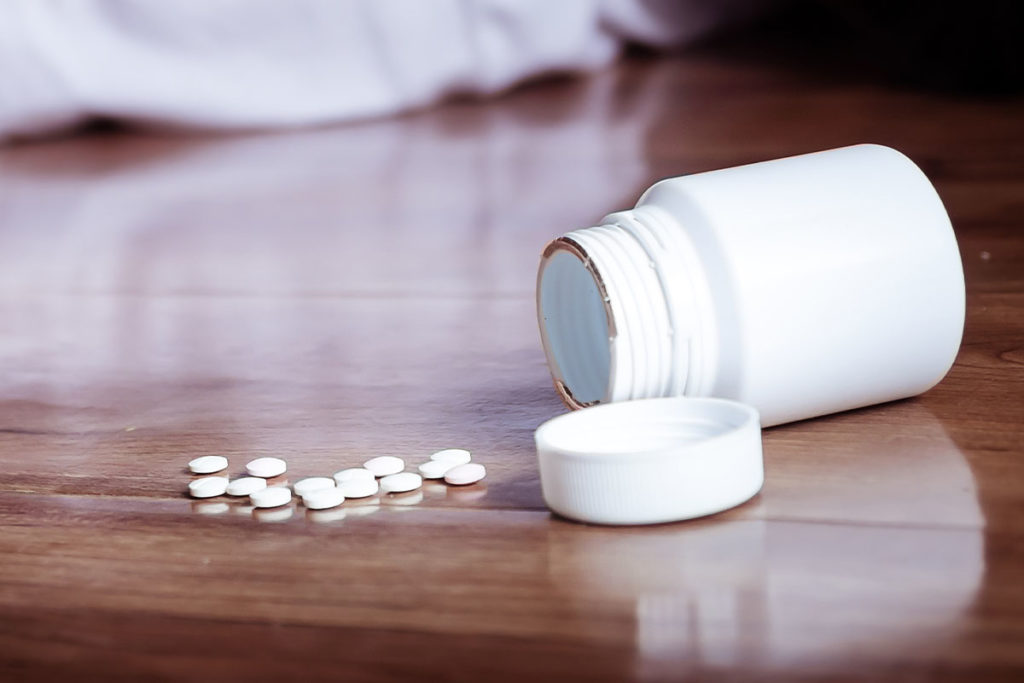Benzodiazepines, or benzos, are commonly prescribed for certain types of anxiety, panic, sleep, and sedation. The drug is effective because it targets a part of the brain responsible for producing GABA, a neurotransmitter that creates a calming effect. Although they can be a useful medication, benzos also pose a serious threat if not taken as directed or used without a doctor’s supervision. Benzos are physically addictive, which means those who take them need a higher and higher dose to achieve the same effect over time. The danger arises because increased use can lead to a dangerous or even fatal overdose.
Recognizing the signs of an overdose can spell the difference between life and death, and getting professional treatment in the short and long term is essential for safe recovery. Fortunately, there are many reputable treatment programs available for benzo abuse. Message the experienced staff at The Arbor Behavioral Healthcare or call us at 844.413.2690 for more information about benzodiazepine addiction treatment and the dangers of a benzo overdose.
Signs of a Benzo Overdose
Because benzo overdoses can be fatal, it’s vital to recognize the key signs that one might be happening:
- In the most serious cases, coma has set in
- Extreme sedation has occurred
- Respiratory depression is limiting airflow
- The affected person shows these signs and has also ingested other central nervous system depressants such as alcohol or opiates
- Mental functioning is impaired
- Reflexes are impaired
- Postural stability is compromised
- Pulse has become weak and accelerated
- Breathing is shallow
- Skin has become damp and sticky
- Pupils are dilated
What to Do in the Case of a Benzo Overdose and Addiction
If you or someone you know is overdosing, the most important thing to do is call 911. Doctors or other trained medical personnel may need to keep airways open through assisted ventilation to prevent death due to respiratory failure. The dangers of a benzo overdose cannot be overstated, so if it happens to you or someone you know, seek emergency medical care immediately.
In the long term, professional treatment for benzo addiction is also essential. Trying to stop benzo use without a doctor’s care can be just as dangerous as overdosing. Sadly, quitting benzos cold turkey can cause severe repercussions like panic attacks, insomnia, anxiety, muscle discomfort, tremors, irritability, and heart palpitations. Symptoms range hugely in severity and can even be fatal.
A client tapers off the drug safely under a doctor’s care within a certified recovery program. They also receive other essential support, including talk therapy, appropriate medication, a 12-Step program, and enrichment activities like art, equine therapy, nutrition coaching, and exercise. Clients’ commitment to a qualified recovery program that includes these features enormously increases their chances of successfully recovering from benzo abuse and maintaining sobriety over time.
The continuum of care also plays an important role in client outcomes. Clients who engage in an intensive outpatient or sober living community following their initial residential program for addiction recovery are far more likely to succeed than those who don’t. This is because the chance of relapse spikes when clients return to their everyday lives and face their old triggers without direct supervision and support. Thus an ideal recovery plan includes a gradual return to autonomy that provides ample support and accountability as clients get their lives back on track.
Contact The Arbor to Learn More About the Signs of a Benzo Overdose and Seek Treatment Today
Benzos pose a life-threatening risk to thousands of people, and there’s no shame in asking for help. We’re standing by to answer your questions about benzo overdose or addiction symptoms and help you determine your next steps. At our beautiful 67-acre Georgetown ranch, 40 minutes north of downtown Austin, TX, we offer fully-accredited residential and intensive outpatient addiction recovery programs. We also operate a sober living community, provide many services to families of those in recovery, and offer an exemplary equine therapy program. Call the Arbor at 844.413.2690 or reach out online to get started.


